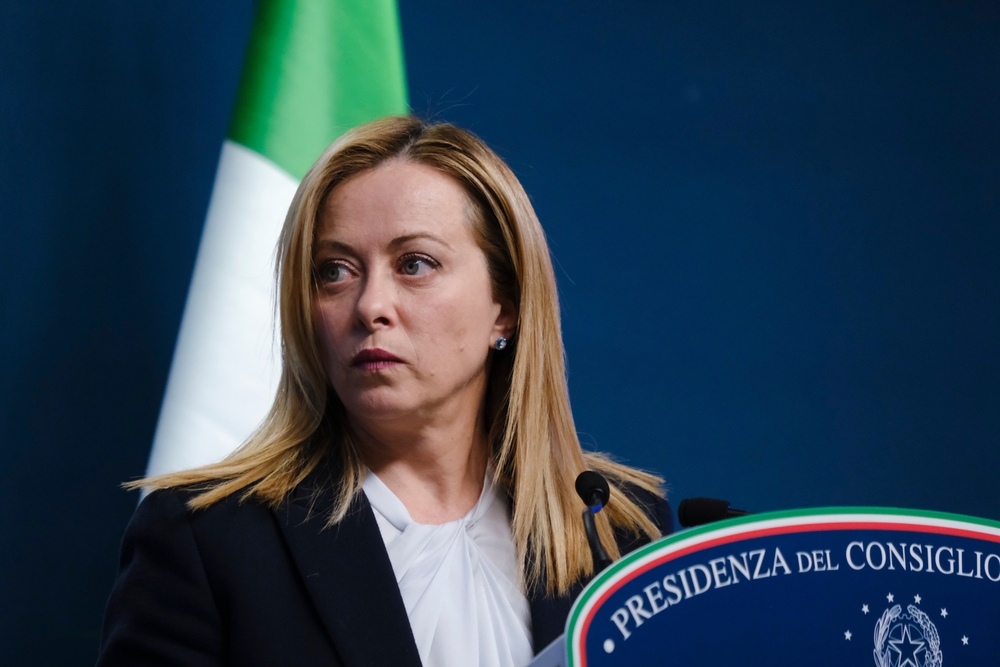The state of democracy’s health is one of the great issues of democracy itself, or rather of major Western democracies.
In Italy, since Giorgia Meloni’s victory in the September 2022 general election, it has been a recurring and in some ways obsessive theme by oppositions and part of the journalistic and cultural mainstream.
To be clear, the question is: but is this government, while legitimate from the democratic point of view, that is, the regularity of elections, is it in fact then democratic in substance, in its vision, in its action? Is it democratic when it plans to remake a piece of our constitution with differentiated autonomy, but especially with the premierate that would reduce the powers of the President of the Republic and Parliament?
What about the discussion of journalists’ freedom in terms of judicial reporting, the autonomy of the judiciary, the controversies with a single newspaper like Repubblica or a single broadcaster like La7?
In short, the theme of opposition, cultural rather than political, to Meloni is the belief that the premier is a post-fascist and not the leader of a new European conservative right. A post-fascist who would dislike the principles of democracy itself.
It may be a disturbing coincidence, it may be a coincidence, but we find these contentions in essence in official documents such as the letter from the European Union in which Italy is accused precisely of a deficit of democracy, with a poor level of our information.
Giorgia Meloni visiting a gentleman who is not exactly a symbol of democracy but one of the world’s greatest dictators because he represents China’s economic and military power, namely Xi Jinping, responds in kind to Ursula Von Der Leyen by saying that these are exaggerations inspired by the Italian media that challenge her.
In particular, she says that the governance of Rai did not make it but that she already found it that way and that in essence the EU, among its many problems, should not have the governance of the country’s main cultural company.
Beyond the controversy, the point is: is there really a concern for democracy in Italy? Let’s be clear then, despite the wounds, frailties, and mistakes, we are still in the middle of the path indicated by our constitution.
This is evidenced by episodes such as that of the writer Scurati, who is censored or otherwise deleted from a Rai program, but because of the ensuing controversy he is quoted in the public square, in other programs, in newspapers, on sites, to the point of achieving visibility enormously greater than that single program would have given him.
In short, our country can look at the world’s largest democracy, the United States, without victimhood and inferiority complexes. Not that America does not have its own problems; we have witnessed an assassination attempt and furious controversy over the state of a leader’s health.
That said, the November presidential campaign remains a major topic of global political passion, as evidenced by the change in the race between Joe Biden and Kamala Harris. And we Italians will follow it with great democratic freedom.
The article Chinese letters comes from TheNewyorker.

